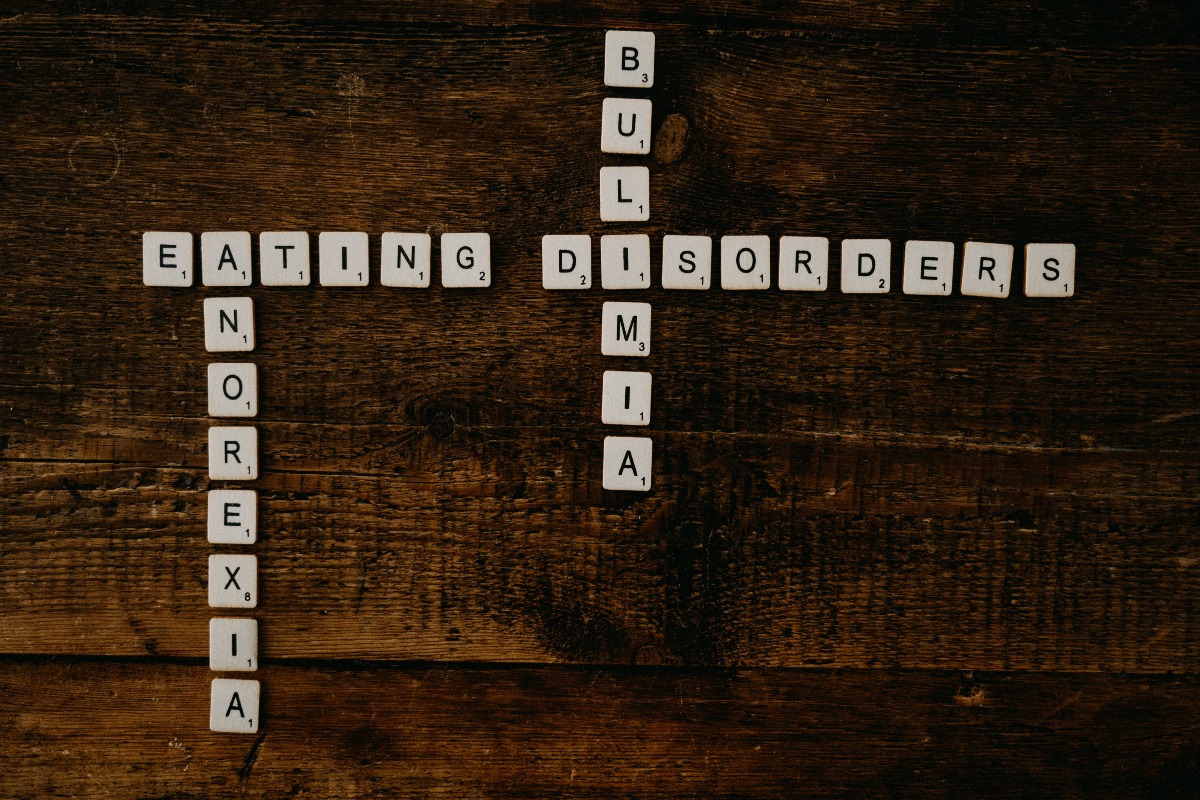
Eating disorders and substance abuse often co-occur; individuals struggle with one or the other, or both simultaneously. But is there a link between substance abuse and eating disorders? According to a paper published in the journal Cureus, there is “A strong association between eating disorders and substance use disorder,” particularly among adolescents. The paper’s authors also stated that bulimia nervosa and alcohol use disorder were the most frequently co-occurring.
Eating disorders and substance use disorder (SUD) are serious psychiatric disorders with common risk factors and outcomes. Both disorders lead to negative consequences. Eating disorders are considered a process addiction. According to experts at The Guest House, a treatment center in Florida, “An individual with a process addiction is addicted to the feeling they experience when performing a certain behavior or action.” While process addictions are not as well known as addiction to substances, they can both have life-ending results.
What Is an Eating Disorder?
An eating disorder is a complex mental health condition with many underlying factors. In the case of anorexia and bulimia, these conditions can be triggered by addictive substances or behaviors. However, it’s not as simple as calling them “addictive eating disorders.” Eating disorders can have many causes, ranging from stressful circumstances to genetic predisposition. While some cases of anorexia and bulimia are attributed to addiction, the causes and effects vary widely. While anorexia and bulimia are two commonly recognized forms of eating disorders, binge eating and the obsessive need to burn calories are also forms of the same process addiction.
Truths About Eating Disorders
In some circles, eating disorders are not regarded as being as “serious” as other addictions. After all, no one gets behind the wheel of a car and causes an accident because they “binged and purged.” Yet eating disorders are serious illnesses, as evidenced by the following truths:
- People with eating disorders may still look healthy but could still be extremely ill
- Families are not to blame and can be the best resource when seeking treatment options
- Most enter treatment centers when the disorder is already in the advanced stages
- An eating disorder is a health crisis that can severely disrupt personal life
- Eating disorders affect all varieties of people
- Eating disorders are not choices
These are just a handful of the many truths about eating disorders. Sadly, they are often overlooked because of the simple fact that one can struggle with a process addiction for an extremely long time without anyone noticing. When the disorder is finally caught, the victim has undergone severe physical and psychological harm. Eating disorders also hide behind closed doors because they don’t exhibit the telltale signs of drug or alcohol abuse. However, eating disorders are just as deadly if left unacknowledged and untreated.
Not all addictions are as widely recognized and talked about as substance use disorder. However, eating disorders are process addictions that can be lethal. Still, long before that happens, our bodies can be damaged by the long-term results of the habit. Fortunately, treatment is available for process addictions. Recovery is a reality with the right kind of care, empathy, and therapy. The Guest House offers treatment for process addictions and can provide the healing and tools needed to conquer an eating disorder. Call (855) 483-7800 today for more information.